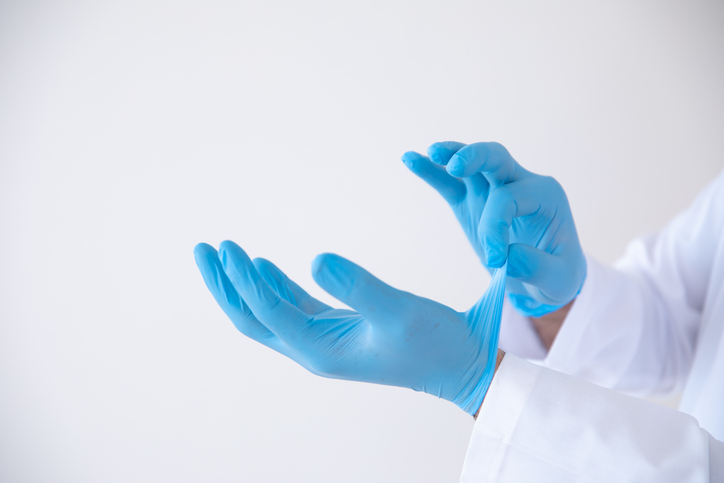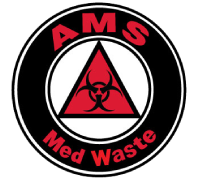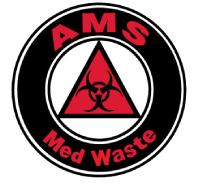Medical Waste Handling: Safe Practices In The Workplace
It may come as no surprise to anyone that medical waste poses a special hazard to those who come into contact with it.
Direct exposure can result in serious issues. Extra care must be taken when dealing with medical waste and proper safety practices are essential.

While it is generally assumed that most people handling medical waste are healthcare workers, it is entirely possible for anybody to come into contact with it. Therefore, everyone can benefit from having an understanding of safe handling practices.
Safe Practices for Handling Medical Waste
- Follow Standard Operating Procedures (SOPs). If there are already SOPs in place regarding medical waste at your workplace, then you should follow those.
- Take a proactive approach. When you encounter medical waste, take action immediately. Consult those with knowledge of proper handling procedures if you aren’t sure what to do, inform your co-workers so they know to be on alert, and follow the SOPs when necessary.
- Look for the biohazard symbol. Any red bag, sharps container, or something marked with the biohazard symbol should be treated immediately as a hazard.
- Wear personal protective equipment (PPE). This is essential for safety in situations when you might be exposed. Proper gloves, masks, eye protection, and footwear are all necessary; along with anything else you have available to protect yourself from exposure.
- Properly dispose of PPE. When removing clothing or PPE after handling medical waste, do your best to avoid coming into contact with your skin and dispose of them in an appropriate manner.
- Seek medical attention if necessary. If you are directly contaminated, immediately begin the decontamination process where applicable, or if necessary, seek immediate medical attention.





